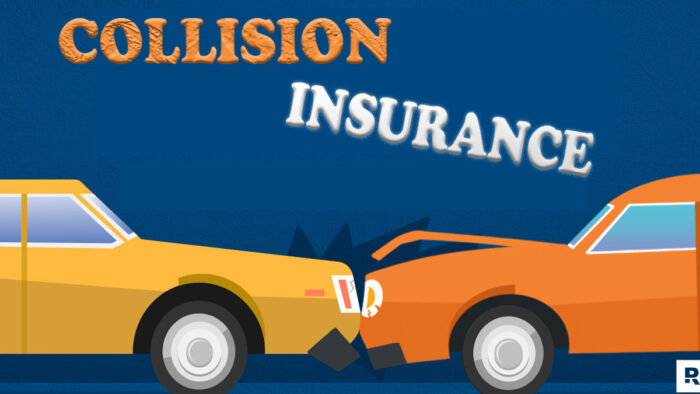Protecting your vehicle goes beyond just the road ahead—it’s about safeguarding your peace of mind. In a world of unexpected twists and turns, collision insurance stands as a steadfast shield, ensuring that your prized possession remains safeguarded against the uncertainties of the asphalt jungle. It’s more than just coverage; it’s your partner in navigating the unpredictable paths of the open road.

What is Collision Insurance?
Collision insurance is a type of auto insurance coverage that helps pay for the cost of repairing or replacing your vehicle if it’s damaged in a collision with another vehicle or object, such as a tree or a guardrail.
This coverage typically applies regardless of who is at fault for the accident. Collision coverage is optional in many places, but it’s often recommended for newer or more valuable vehicles to help protect your investment.
How Does It Work?
Collision insurance comes with an amount that you will pay out of your pocket before your insurance coverage starts. This is known as ”deductible” and the cost of the premium depends on certain factors that we will be learning about later in this content. So, if your car gets damaged after a crash with an object or another vehicle, the cost of replacement and repair will be covered by your collision coverage.
What’s more, it also covers the damages to another property or vehicle that you are responsible for while driving, unlike liability insurance. But before you can get coverage from collision insurance, you need to activate your policy first. This involves paying premiums, and you can file a claim if you are involved in an accident.
Once the whole claim process is complete, you will receive reimbursement, and the cost of repair or replacement will be covered.
What Does Collision Insurance Cover?
Specifically, collision insurance offers coverage for damage to your car or vehicle as a result of a collision. It can either be with an object or another vehicle. For a better understanding, here is what collision insurance typically covers:
- Vehicle rollover.
- Car crash with another vehicle.
- Hit and run.
- Crash with objects like guardrails, fences, and poles.
- If another driver hits your car.
- Damage from hitting a curb or from potholes.
However, keep in mind that the coverage options for this type of policy depend on the insurance company or provider.
What Does It Not Cover?
It is crucial that you take note of what collision insurance does not cover. Besides, not every situation is covered by this insurance policy. Nonetheless, here are the exclusions of a collision insurance quote:
- Medical payments for injuries to you or your passengers.
- Normal wear and tear.
- Theft
- Vandalism
- Falling objects.
- Injuries or damages caused to another party while driving.
- Collisions with animals.
- Your personal belongings in the car.
- Flood
- Hail
- Custom parts and equipment.
This is another factor that is determined by the insurance company. In other words, the insurer gets to decide what and what not to cover, so choose wisely.
How Much Does Collision Insurance Cost?
The average cost of collision coverage is $381 per year. However, keep in mind that the average premium differs vastly by state and insurance company as well. Apart from this, you may experience difficulty buying collision insurance with comprehensive coverage, and conversely. Nevertheless, different factors affect the price of buying a collision insurance policy. They include:
- Age
- Location
- Vehicle
- Driving record.
- Credit history.
- Gender
- Deductible amount.
- Usage
- Insurance company.
- Coverage limits.
Thus, all of these factors will be carefully considered by the insurer before they offer coverage to any car owner.
How to Get Collision Coverage
The process of getting collision insurance is very straightforward, and complicated steps are not necessary. Although the process will differ by insurer or insurance company, there are still some common procedures that co-exist between them. These are the basic steps involved with purchasing collision coverage:
- Evaluate your needs.
- Look around.
- Get in touch with insurance companies.
- Compare insurance providers.
- Select a deductible.
- Review and add coverage.
- Finish up and pay for your quote.
- Take records of the insurance policy.
For example, make sure you keep a record of your policy information in your vehicle and a copy of your insurance card. This is because this proof will come in handy if you get involved in an accident.
Do I Need Collision Insurance?
As mentioned previously, getting a collision insurance policy is optional and not mandatory by law. This means that you do not need to get a policy if you do not want to. However, if you have a car lease or loan, you should consider purchasing collision coverage. So, if your car is involved in a car accident, your lender would like to protect their financial investment.



